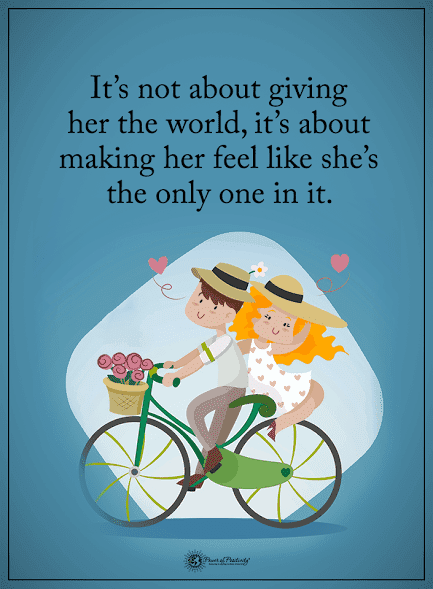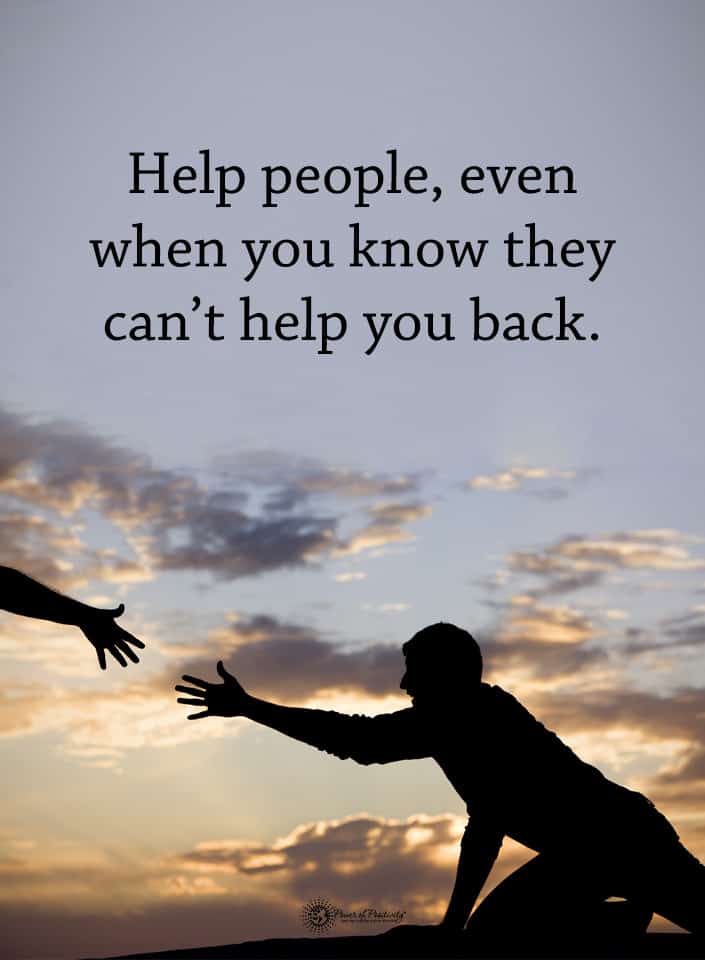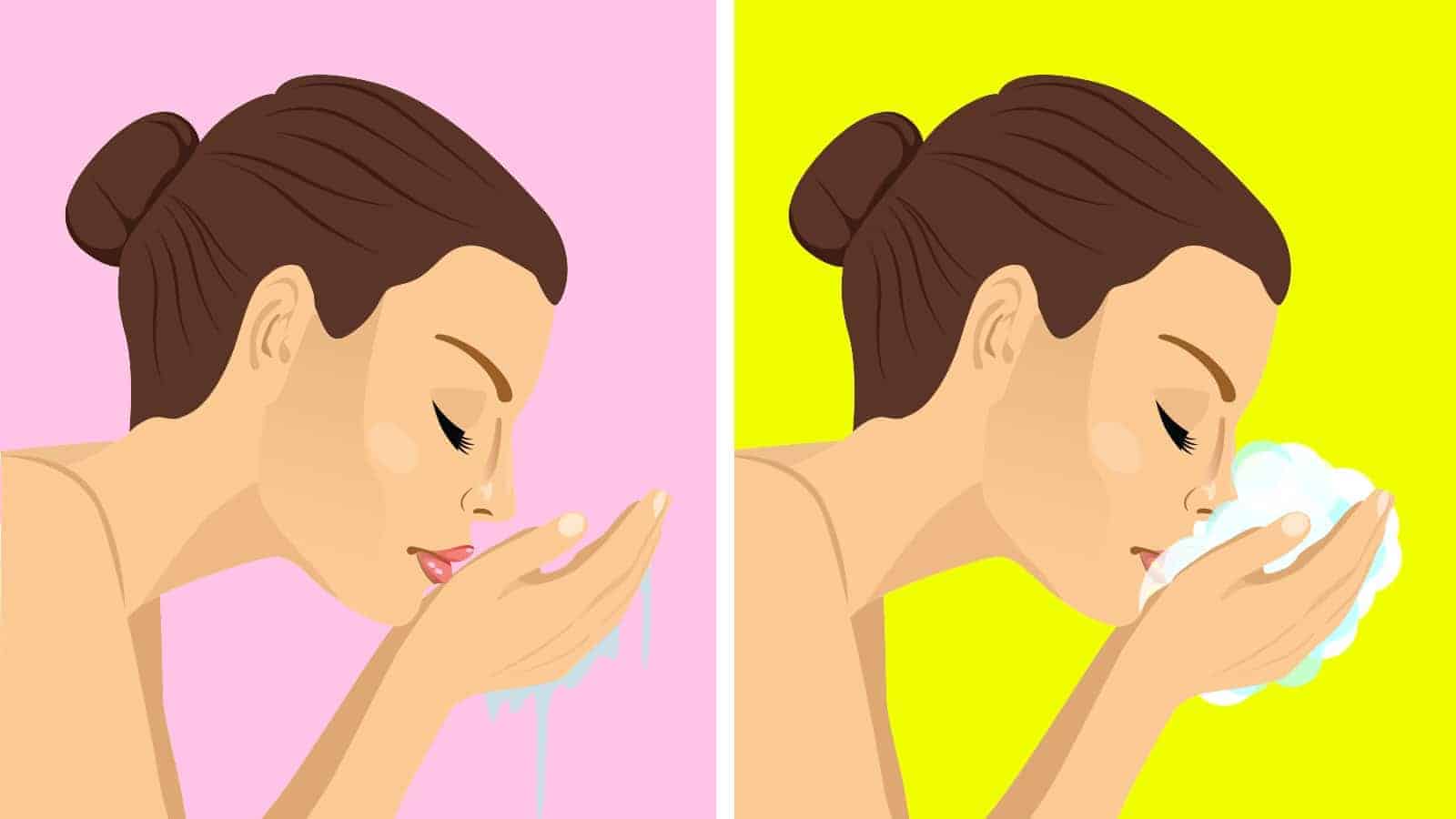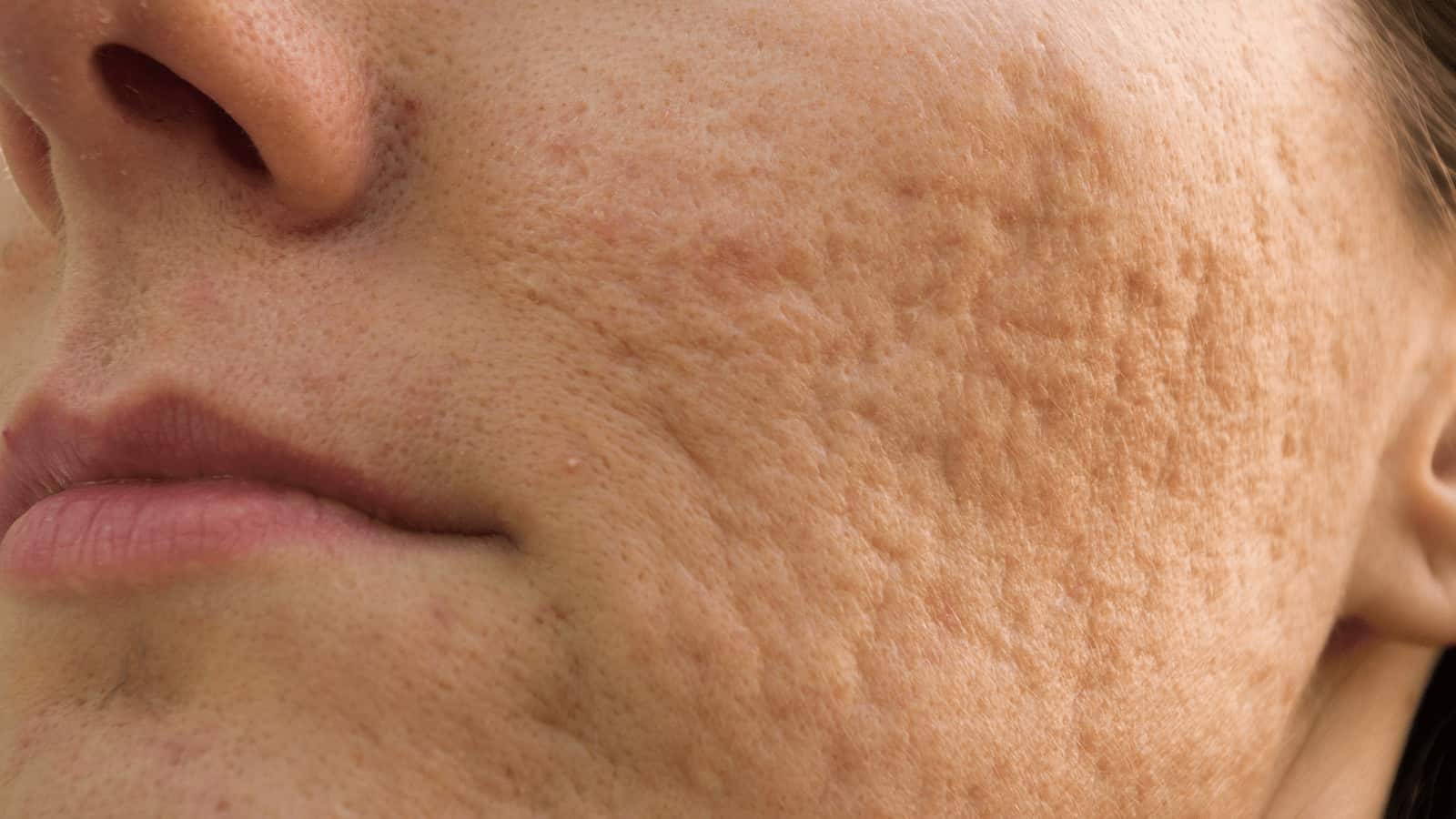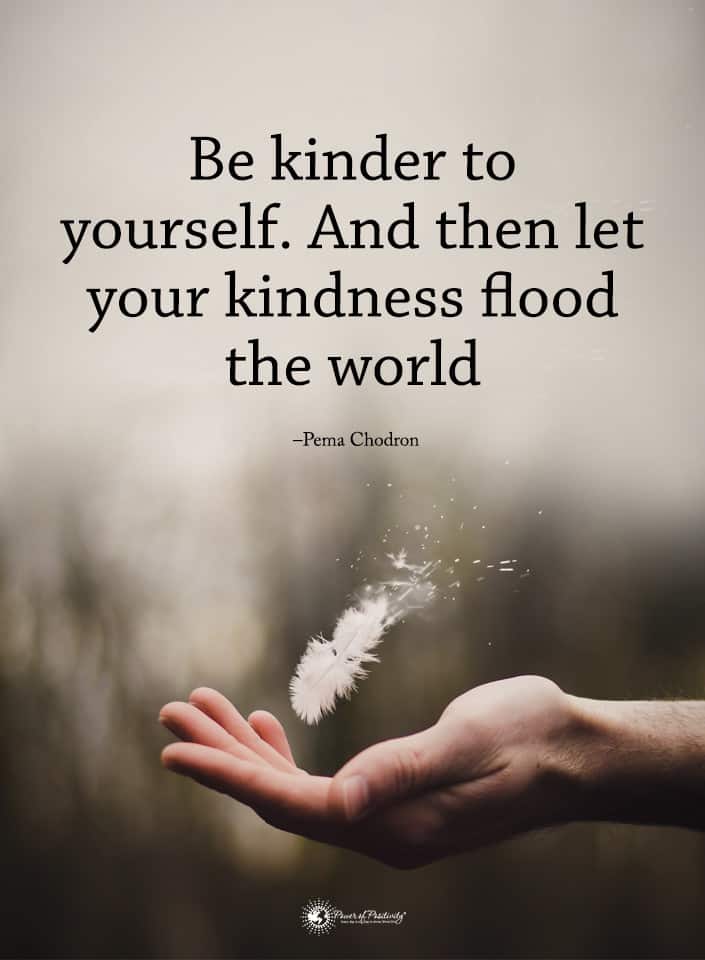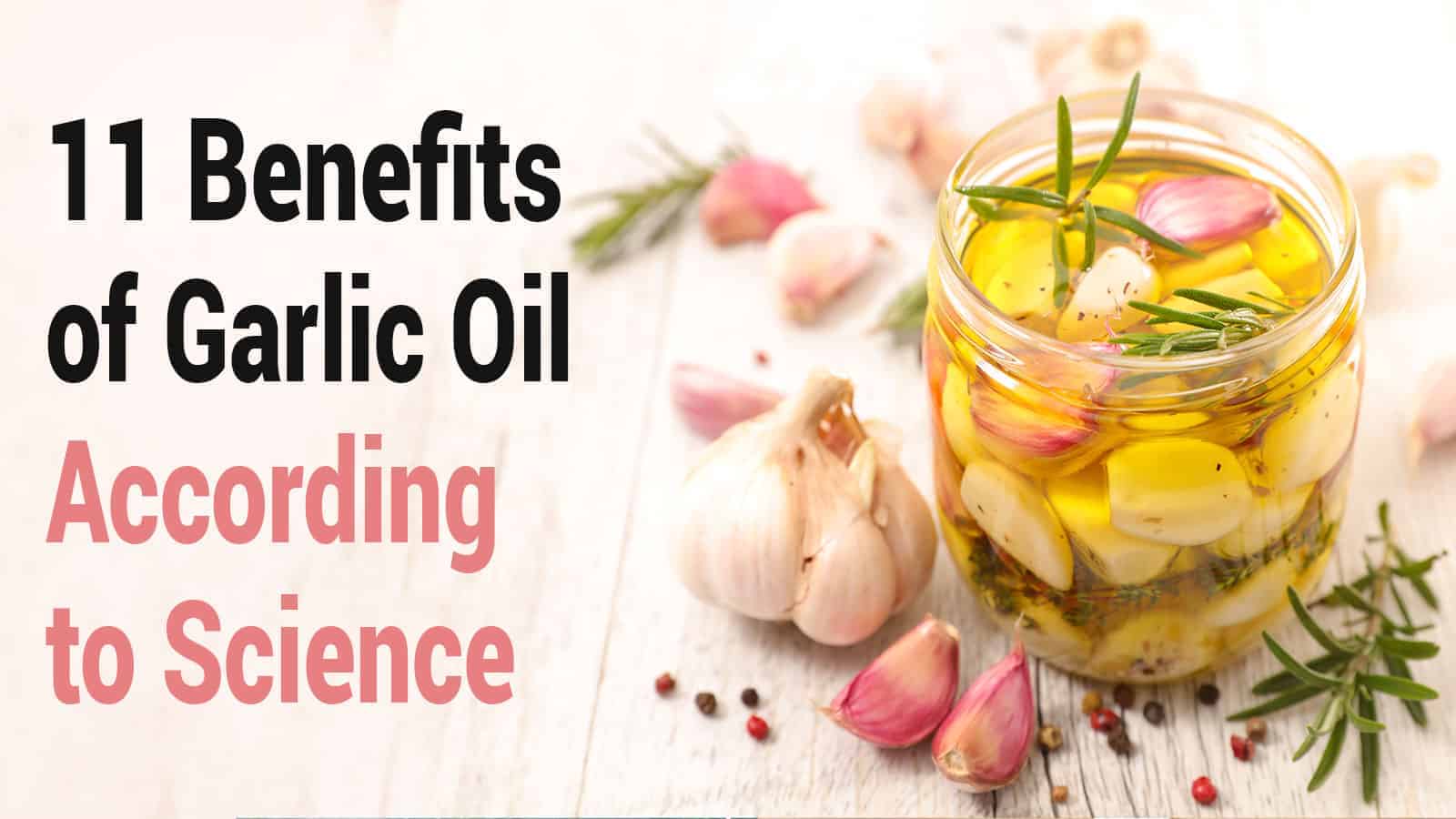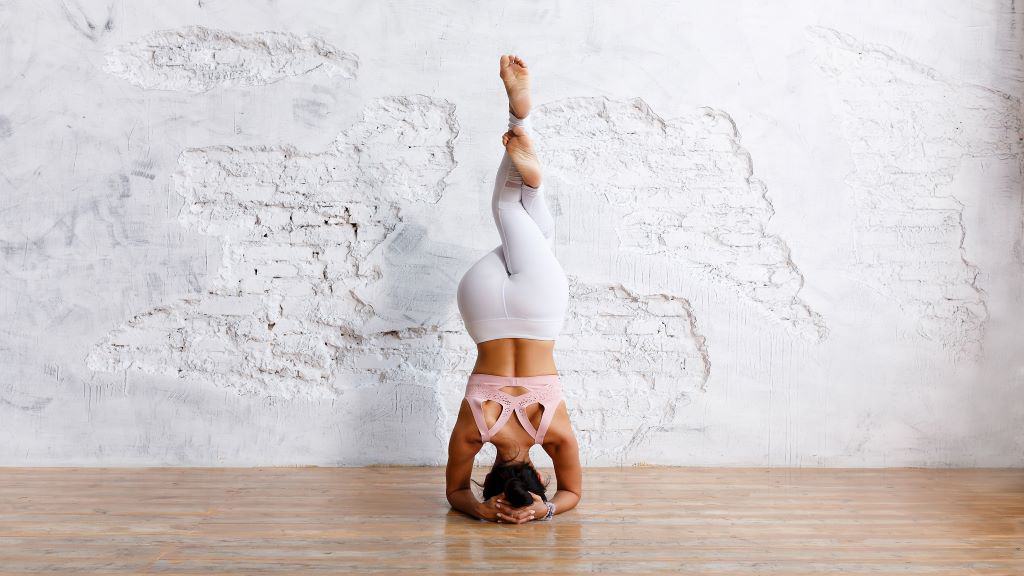Falling in love can be a tricky thing. It can be confusing. There may be someone in your life that you vibe with, but you don’t know if they’re actually enamored with you or just flirting a little bit. When you want answers, all you have to do is look at their behaviors. Here are 15 actions that reveal someone is subconsciously falling in love.
15 Signs Show That Someone is Falling in Love With You
1. They Smile When They See You
The way they look at you when you connect in person says a lot how they feel about you. If they are always smiling and seem to glow when you walk into the room, you know they are falling in love. Look to see if there is a difference between how they react when you walk in the room and other people to gauge the reaction.
2. Acting Somewhat Nervous
Many people get nervous around someone they are falling in love with. It’s typically quite cute. You may notice them looking embarrassed when they say something somewhat silly or when you make fun of them. They may even just blush by being around you. Be gentle if you notice this, or you may scare them away.
3. They Feed You
In many cultures, food is a way of showing love. If someone is continually bringing you delicious food, that could just be their way of expressing their affection. This action is especially true if the food is homemade. Show appreciation and even consider doing the same in return to speak in their love language.
4. Body Language
Body language can tell you a lot more about someone than the words they speak. Someone who is falling in love with you will show it in their body language. They will likely angle their body toward you or touch you in small ways. Many times, they won’t even be aware they are doing these subtle movements. They may also try to sit near you when in a group setting. Of course, positive body language should not be confused with lust. You should make a point to do little gestures yourself without overdoing it.
5. They Celebrate Good News With You
The good news is even better when you have someone to share it with. If your crush is starting to fall for you, they will probably call you first when something good happens in their life. You call the person who you want to impress. This habit means they enjoy impressing you with the good news. They also probably feel comfortable telling you things and know that you will be supportive and make them feel good about their good news. Be supportive and excited when they call you.
6. They Listen
To develop an emotional connection with someone, you need to talk. It’s not enough just to talk. The other person has to listen. You will tell if they listen by if they jump in with their own stories or sit back and let you talk. They may repeat things during the conversation. You’ll also know they were listening if they remember details about the conversation later on. They will remember details and make a point to let you know they remember by repeating certain things back to you. More than anything, they make time to listen to you when you need an open ear. Someone can’t listen if they aren’t there for you when you need them. Of course, you need to be reasonable about your expectations.
7. Using “We”
When someone is falling in love with you, they will start to look at the two of you as a unit. Instead of talking in individual terms, you will notice them saying “we” a lot to friends and family. It’s especially telling if they use “we” when it comes to the future. It shows that when they see the future, they picture you in it. Thinking long term means they plan to take the relationship to the next step eventually.
8. Eye Contact Reveals They’re Falling in Love
The eyes are often called the window into the soul. Someone who wants to develop an emotional connection with you will want to see into your soul to get to know you even better. They will make a point to look into your eyes when you talk. It’s a way to capture your attention. On the other hand, if they avert their eyes every time you talk, that could be a sign they aren’t very interested. Make a point to make eye contact yourself without being creepy.
9. Constant Communication
Communication is key. If someone is interested in you, they will make a point to talk to you often. You won’t be the one reaching out to them all of the time; they will reach out to you. When you speak, the conversation will be natural. It may even get deep at times. These in-depth conversations will help you develop a connection that goes past a physical attraction.
10. Putting Effort Into Their Appearance
If someone is attracted to you, they will likely try to look their best around you. You may notice them putting more time into their hair and grooming. You may also see them wearing certain outfits you complimented in the past. If you catch them by surprise, they may not be done up as well as when they know they are going to see you. They want you to have a physical attraction to them, so they put effort into their looks when they are going to see you.
11. They Compliment You Often
Compliments are one of the easiest ways for people to express how they feel. You may suspect someone is growing enamored with you if they compliment you all of the time. They may compliment you on your appearance. However, someone who is falling in love will also compliment other things, such as your personality, intelligence, and emotional strength. It’s even more telling when someone compliments you often in front of other people. It shows they aren’t afraid to express their admiration for you to the world.
12. Playful Teasing
You and your crush should be free to have fun with each other. You may notice them teasing you about small things, such as your little mannerisms and quirks. Of course, teasing should contain a certain amount of respect. The teasing should never cross the line into disrespect. It should be playful and flirty. Of course, you should feel free to fire right back. Likewise, you should keep things as respectful as possible to ensure that you don’t cross any boundaries.
13. Opening Up to You
Everyone has secrets. Some people even have trauma and negative experiences that they carry with them every day without letting other people know. It can be hard to talk about these things, and some people might be worried about being judged. If someone opens up to you, it means they trust you dearly. You should take this seriously. Allow them to open up and show them the support they need. You should also make sure to keep the conversation between you.
14. Friends Comment on It
Someone’s friends may see a connection between two people before they see it themselves. Other people may notice the flirting that you aren’t sure is flirting or not. They may even notice something even more developing. Listen to what other people see. If people are always joking about how you and your crush should just get together already, there’s something there. Your crush may have even expressed their feelings to their friends, and they could just be trying to help things along.
Look at their reaction when people mention an apparent connection. Are they embarrassed or do they shut it down immediately? Someone who shuts it down immediately might be trying to clarify their feelings instead of hiding them.
15. Helps You Without Hesitation
Everyone needs help on occasion. You may need help moving or with homework. When you express that you need help with something, does your crush offer their assistance immediately? They may see this as a way to spend time with you and also demonstrate their value to you. When you need to call someone for help, do you call them first, knowing they will be likely to be there for you? The reliability and quickness to help you are not only a sign that they are into you right now, but it’s also a sign that they will be dependable in a relationship as well.
Final Thoughts on Recognizing When Someone Is Falling in Love
Do you notice any of these behaviors from someone in your life? They may just be falling in love with you, whether they know it or not. Of course, you don’t want to look for things that simply aren’t there. If you don’t specifically notice these behaviors, they may not be as into you as you’d like. That’s okay. Wait for someone else who does demonstrate these behaviors naturally.




